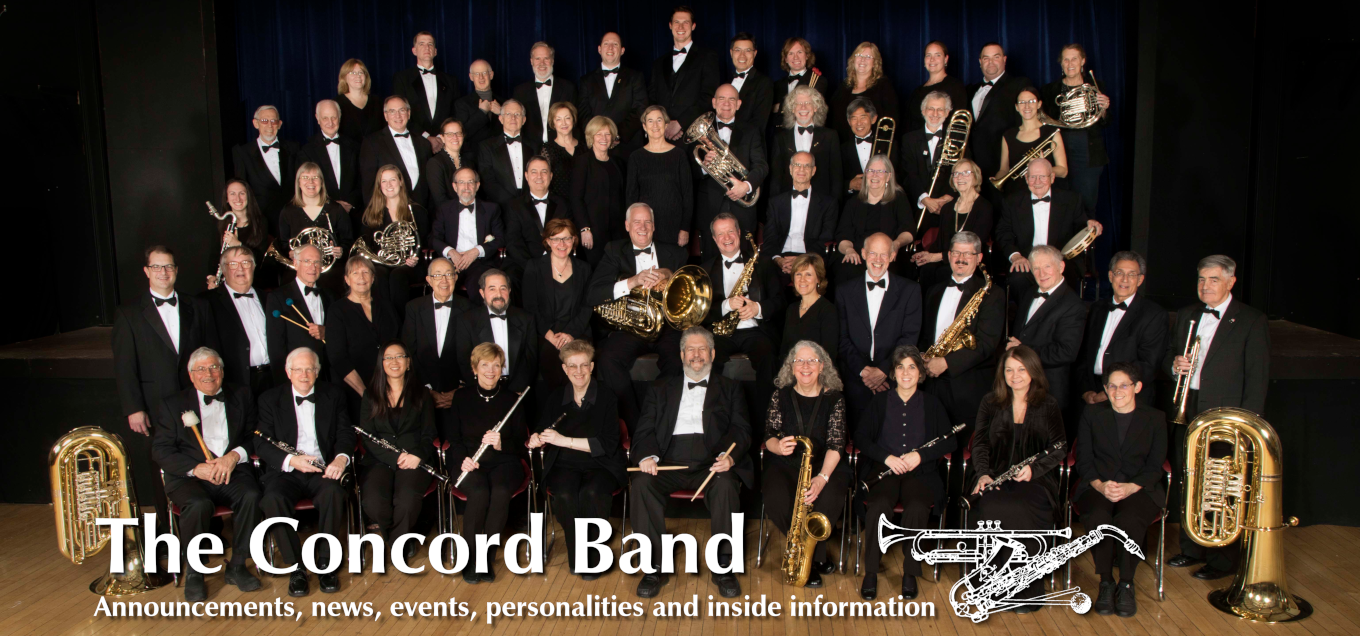| Dr William G. McManus Music Director Emeritus |
The Massachusetts Music Educators Association awarded Dr. McManus the Lowell Mason Award and the Distinguished Service Award. He was also given the Conductor of the Year Award by the Massachusetts Instrumental Conductors Association. In March 2008, he received the Visionary Leadership Award, the most prestigious award given by the MMEA. In May of 2008, he was awarded the Distinguished Faculty Award by the faculty of the Boston University College of Fine Arts. In October, 2008, Dr. McManus received the Concord Band’s Lifetime Service Award.
Dr. McManus served as President of the MMEA from 1991 to 1993 and President of the Eastern Division of MENC: The National Association for Music Education from 1999 to 2001. He has been Conductor of the Boston Conservatory Wind Ensemble, the Framingham Concert Band, the 215th Army Band, and the United States Youth Wind Ensemble, and has been a guest conductor throughout the Eastern United States and Europe.
Since his retirement from Boston University, Dr. McManus has been living in Sandwich on Cape Cod where he continues to compose and arrange music for concert band and jazz ensemble. He also con- tinues to play jazz piano and saxophone, performing with several jazz bands in the Boston area.
